‘Jihadi John’: Man who grew up with killer says Muslim communities often felt ‘persecuted’ and ‘disaffected’
Allan Hennessy is now studying law at Cambridge but attended the same mosque as Mohammad Emwazi
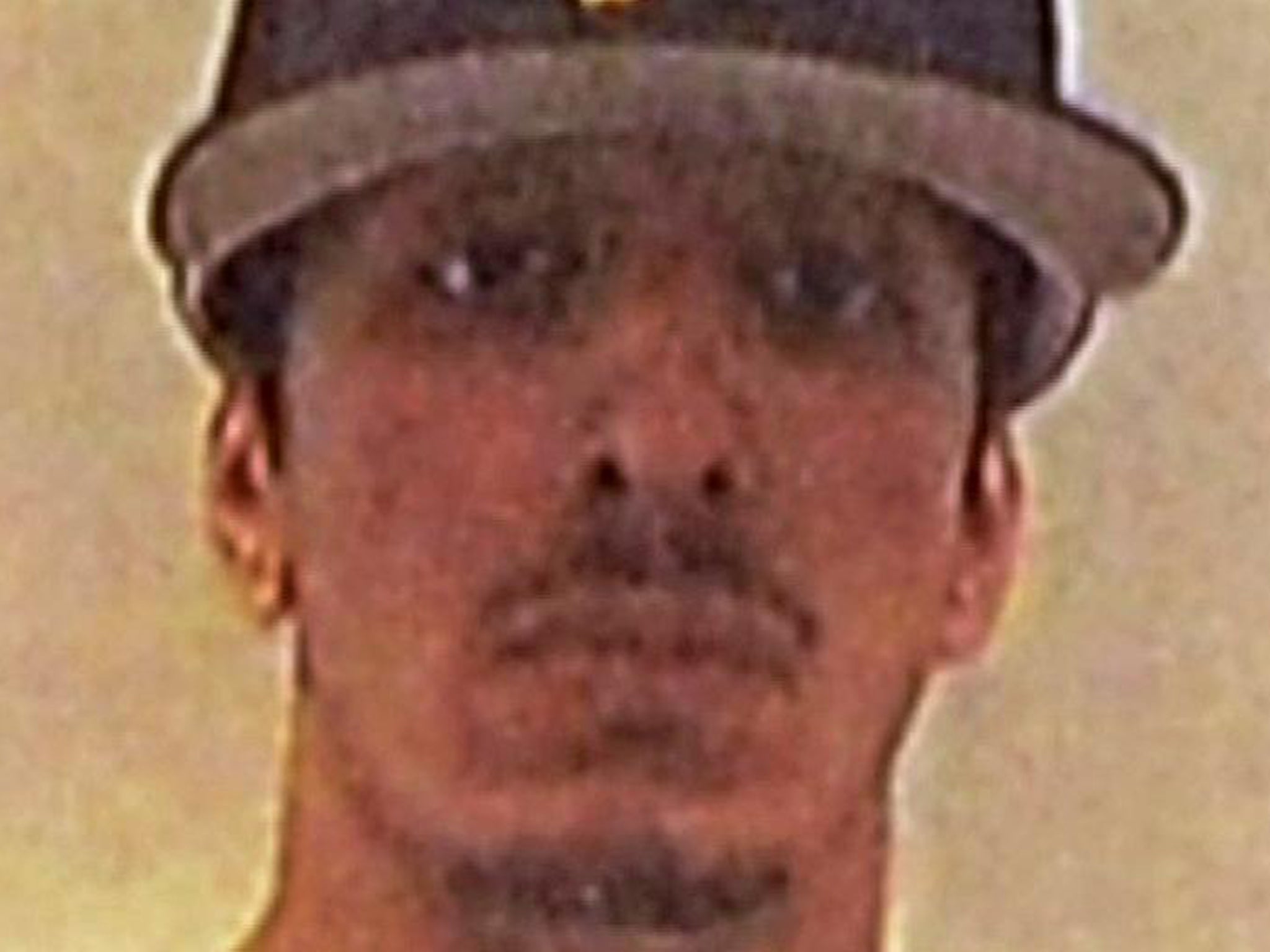
A man who grew up with “Jihadi John” has said he could have “been susceptible to radicalisation” during his youth as a result of an entrenched feeling of disaffection and “persecution.”
Allan Hennessy, a British Muslim who attended Mohammad Emwazi’s mosque and grew up on the same London council estate, also said discourse surrounding the radicalisation of young UK Muslims often neglected to acknowledge the diversity of Britain’s Muslim population.
Mr Hennessey, who is studying law at Cambridge, told the BBC he spent much of his youth “being disaffected,” and interacting only within his own deprived community.
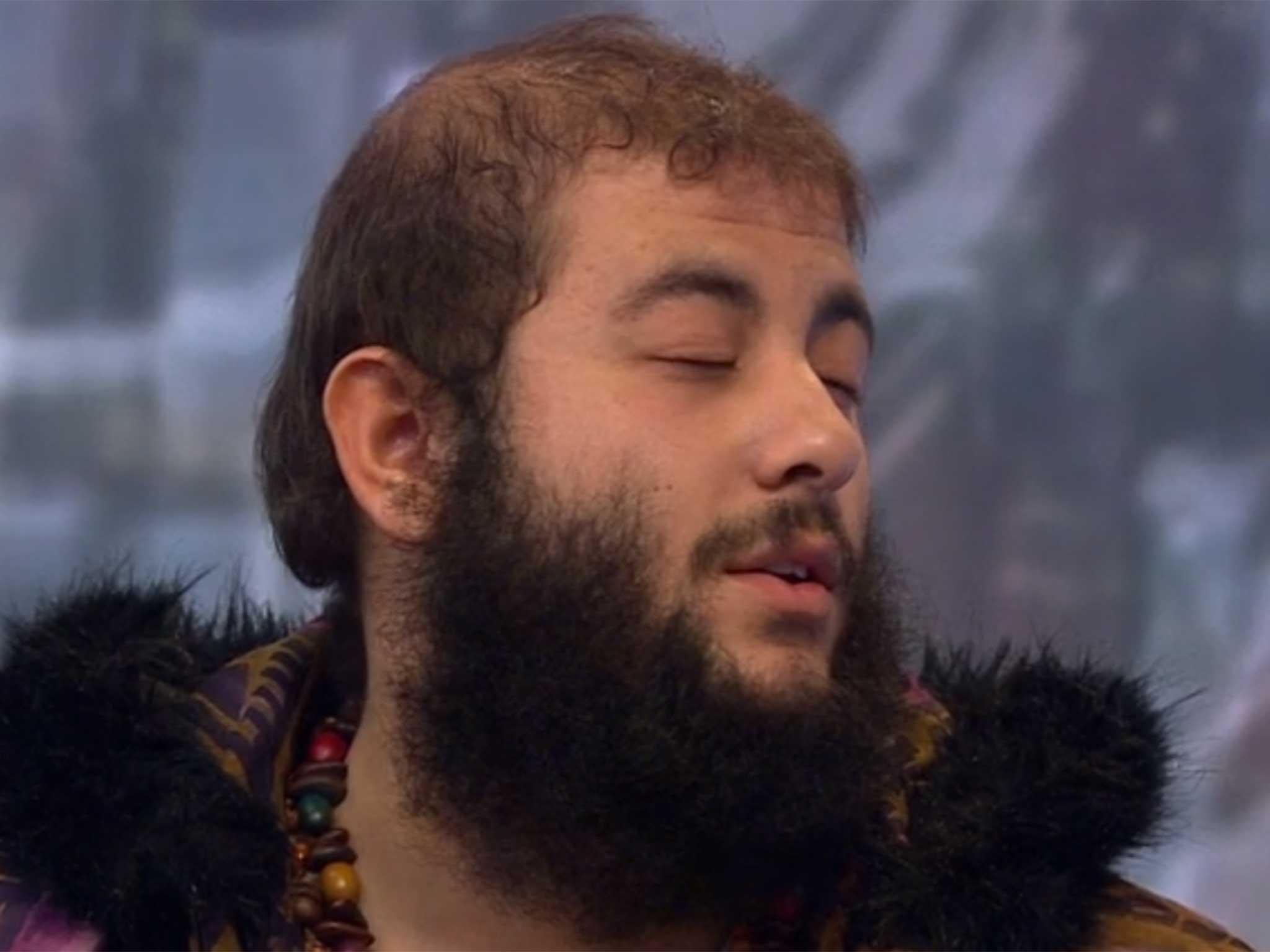
“Whenever there was poverty, and wherever there was suffering you always associated it with your own kind,” he said. “It was that sense of collective persecution.”
When pushed by presenter Victoria Derbyshire to examine why Emwazi travelled to Syria killed for Isis, also known as the Islamic State, he emphasised the complexity of the attempting to fit radicalised individuals into a “tight intellectual” argument.
“The problem it is so difficult to carry out a causation analysis,” Mr Hennessy said. “When it comes to the radicalisation of young British Muslims it is an equation already with too many variables. It is very, very complex.”
He commented the diversity of Britain’s Muslim population was often ignored. “I think the problem is there is an assumption British Muslims are a homogenous group and they are really not.
“In this country there are around two million Muslims, 56 nationalities, 70 different languages. That’s so much diversity.”
But he emphasised among the linking strains throughout these communities was poverty: “British Muslims are among the most deprived groups in the country.”
Research published in February 2015 found half of British Muslims were in the bottom 10 per cent local authority districts for deprivation. The study, conducted by the Muslim Council of Britain between 2001 and 2011, was hailed as the “most comprehensive” yet conducted on UK Muslims.
Subscribe to Independent Premium to bookmark this article
Want to bookmark your favourite articles and stories to read or reference later? Start your Independent Premium subscription today.

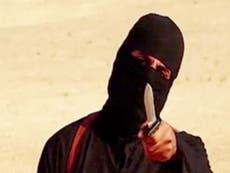
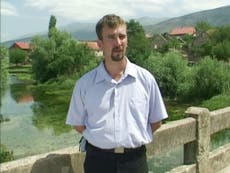
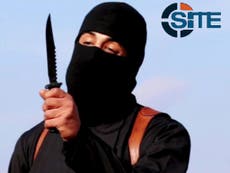
Join our commenting forum
Join thought-provoking conversations, follow other Independent readers and see their replies
Comments